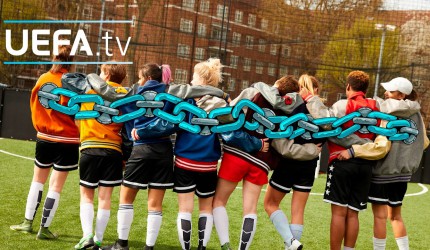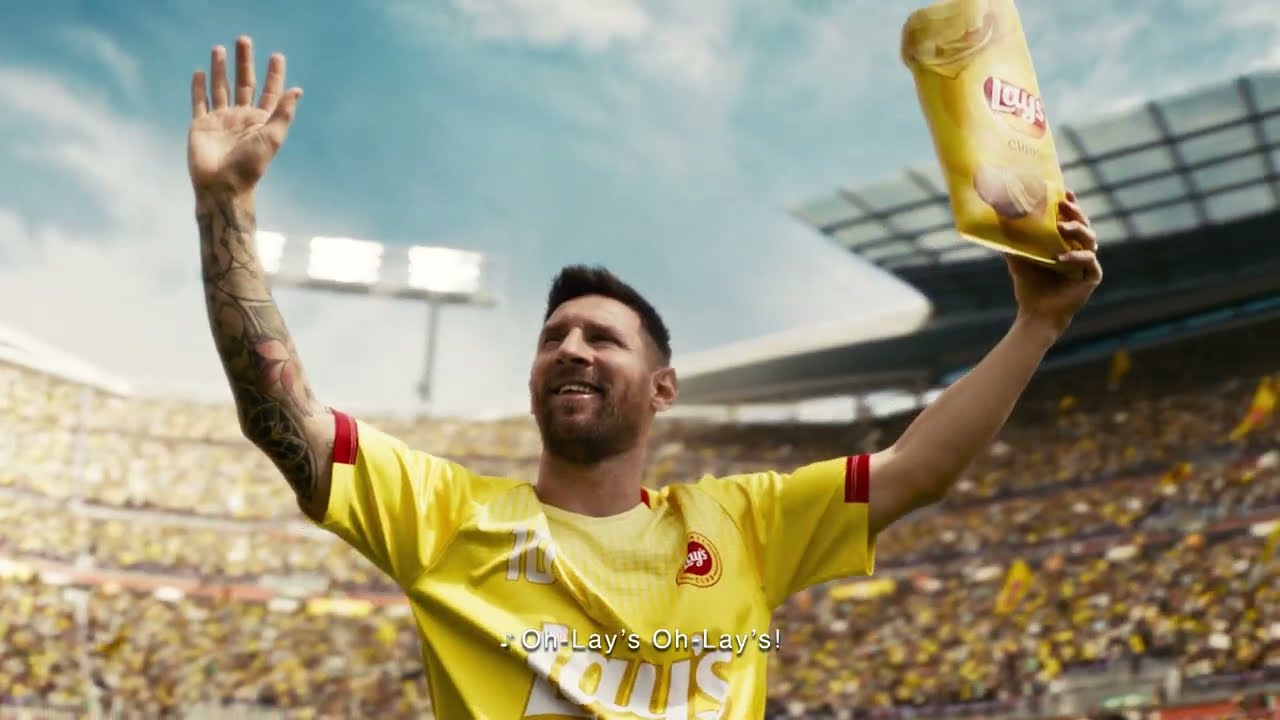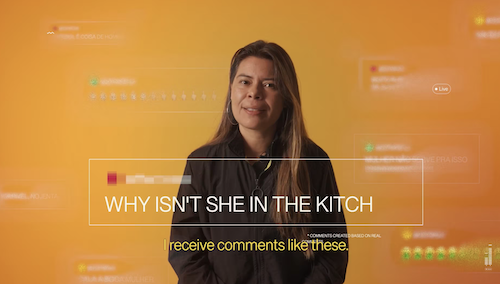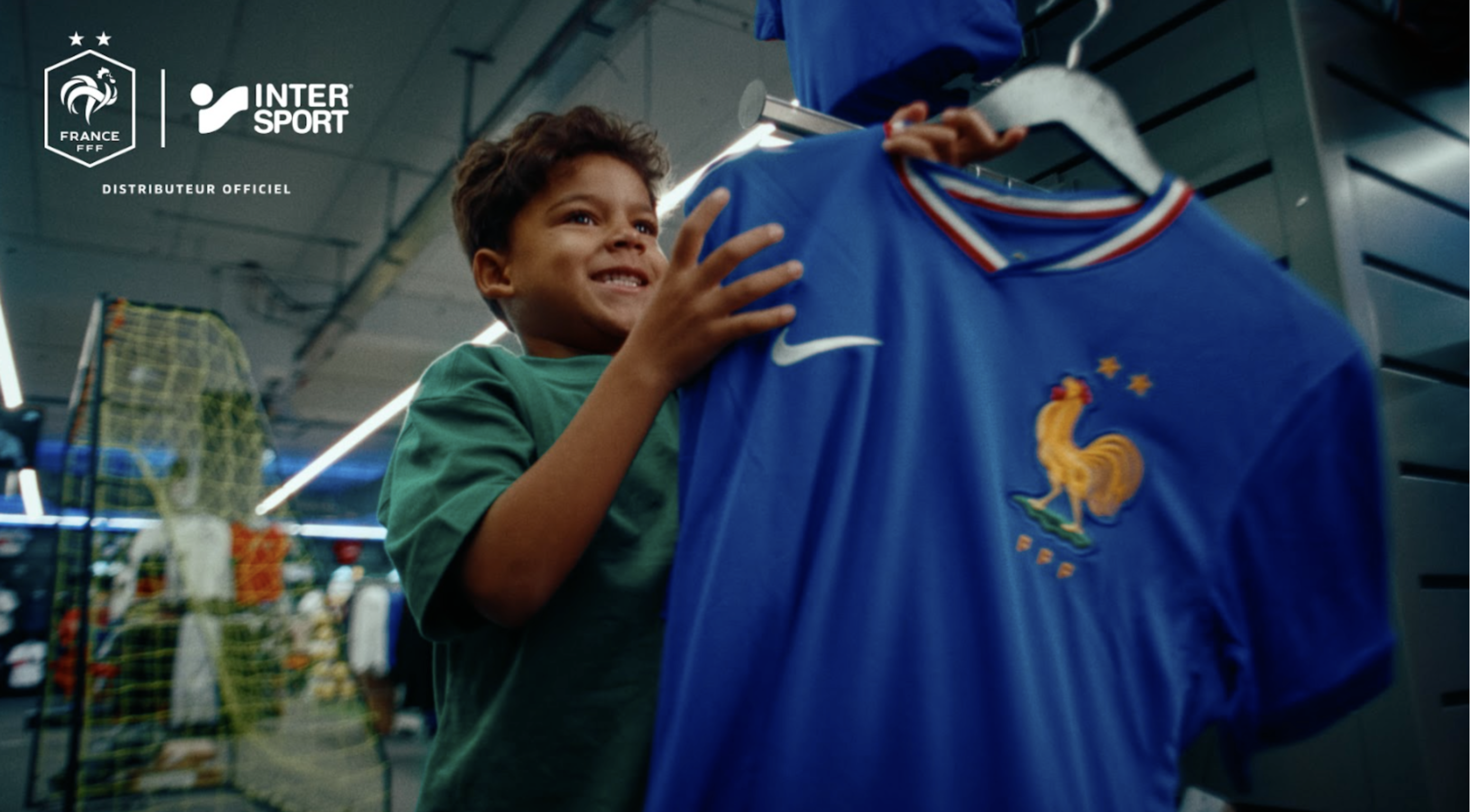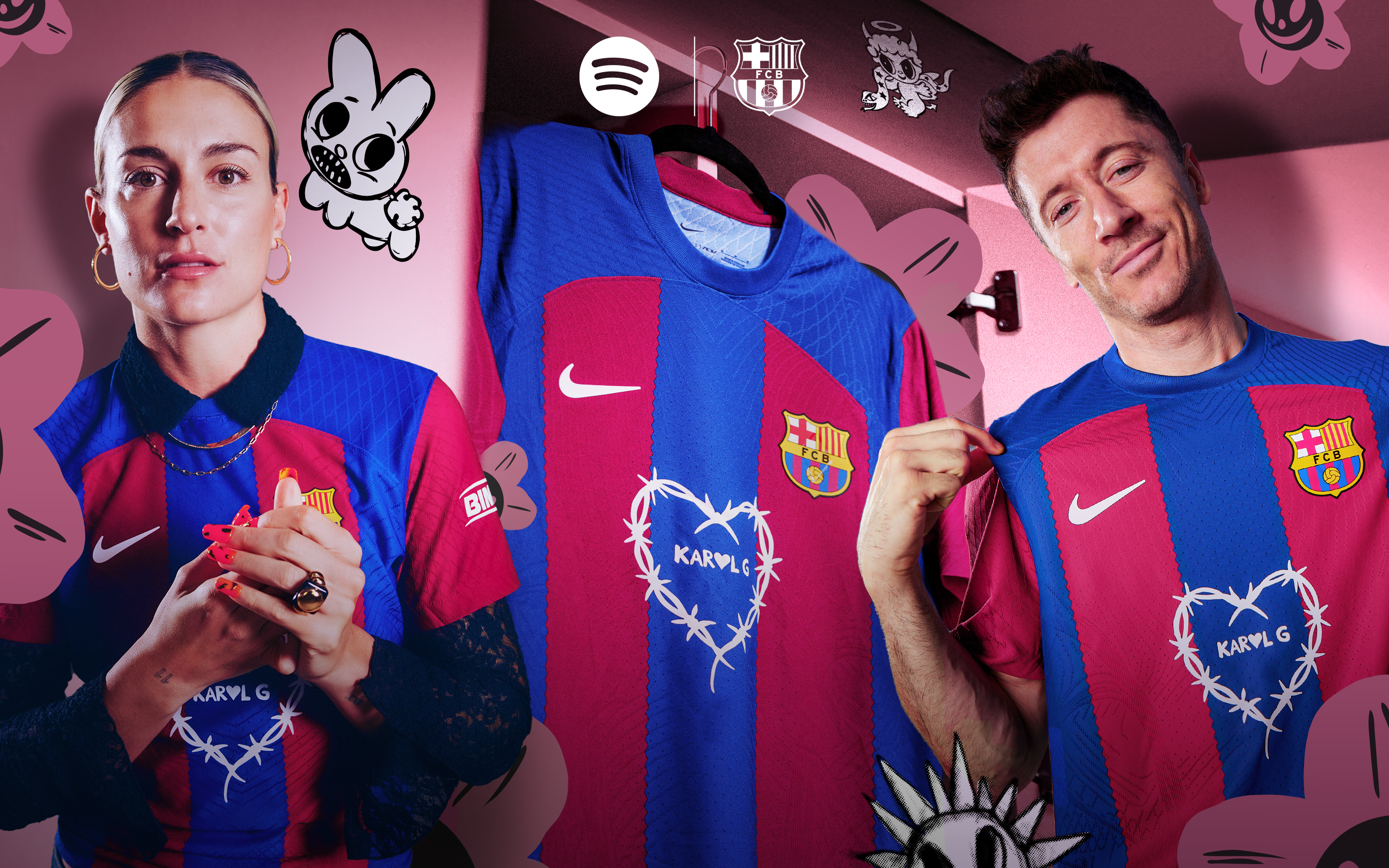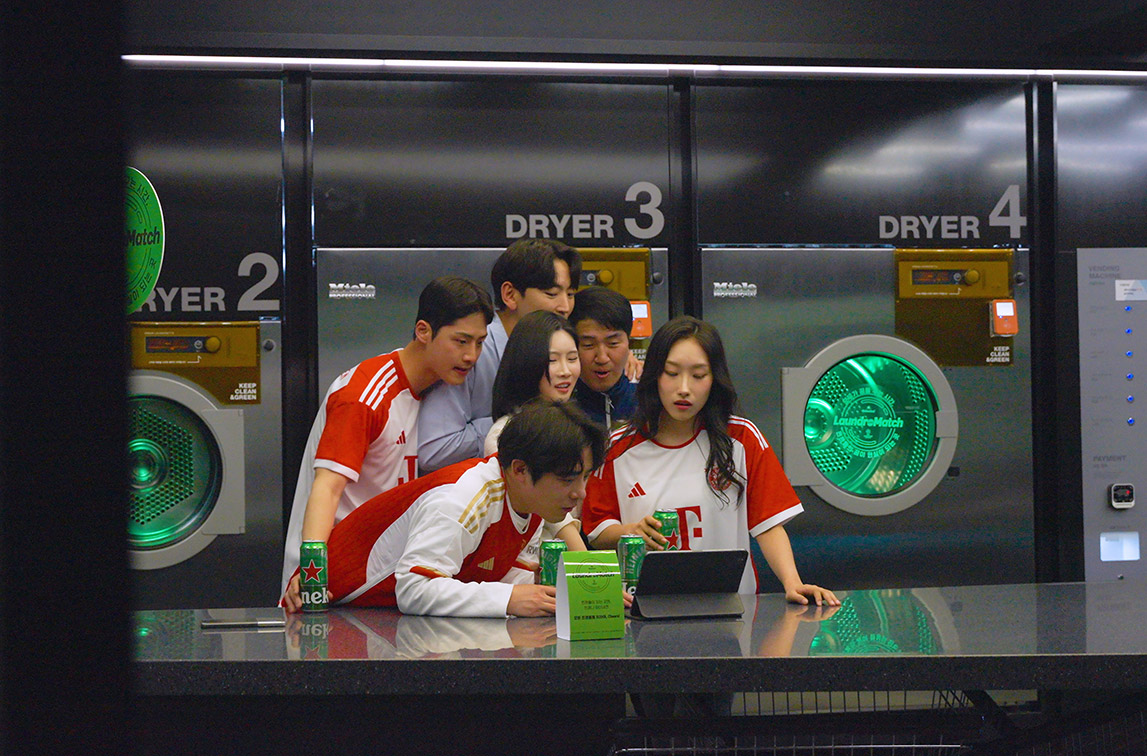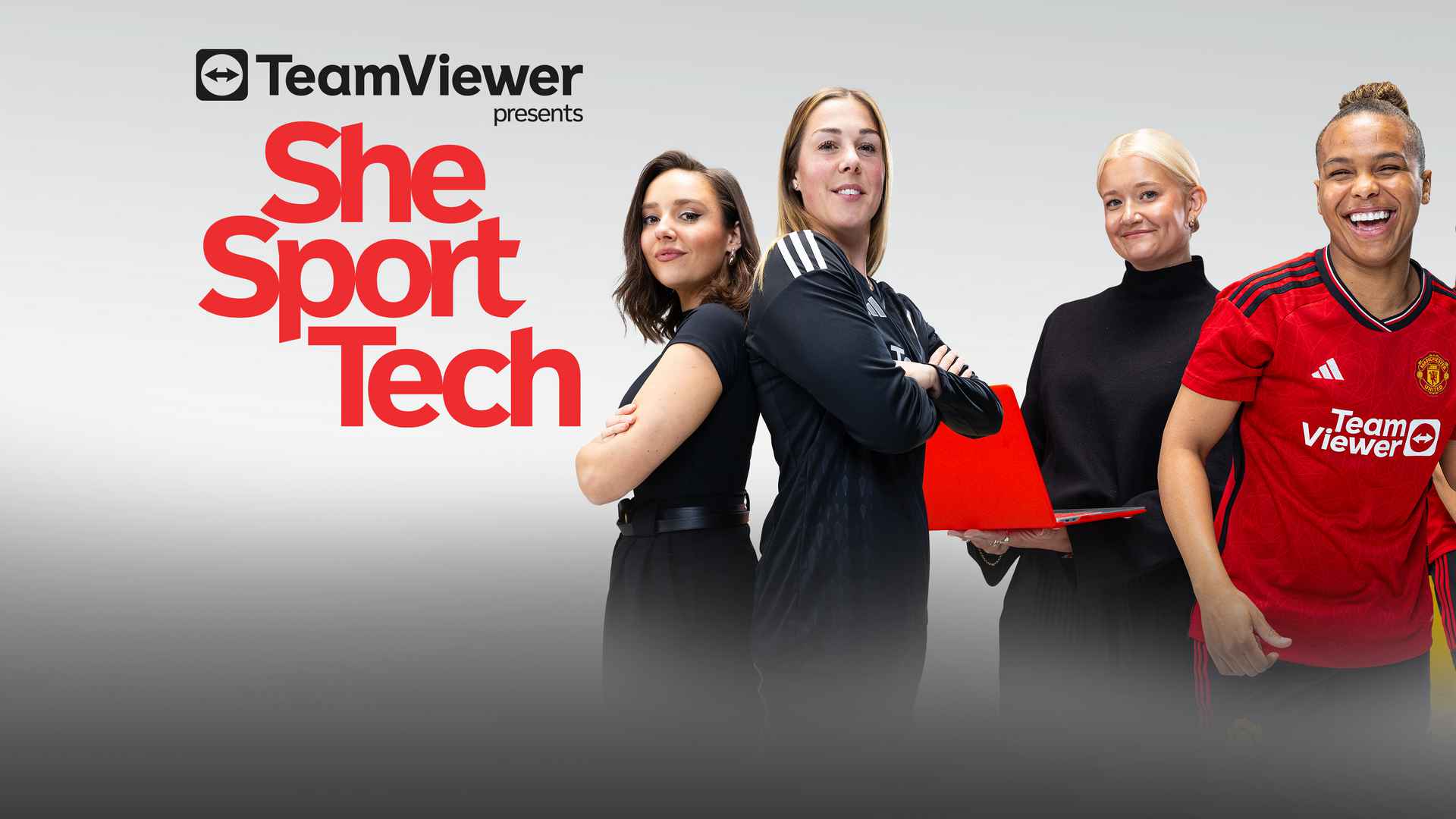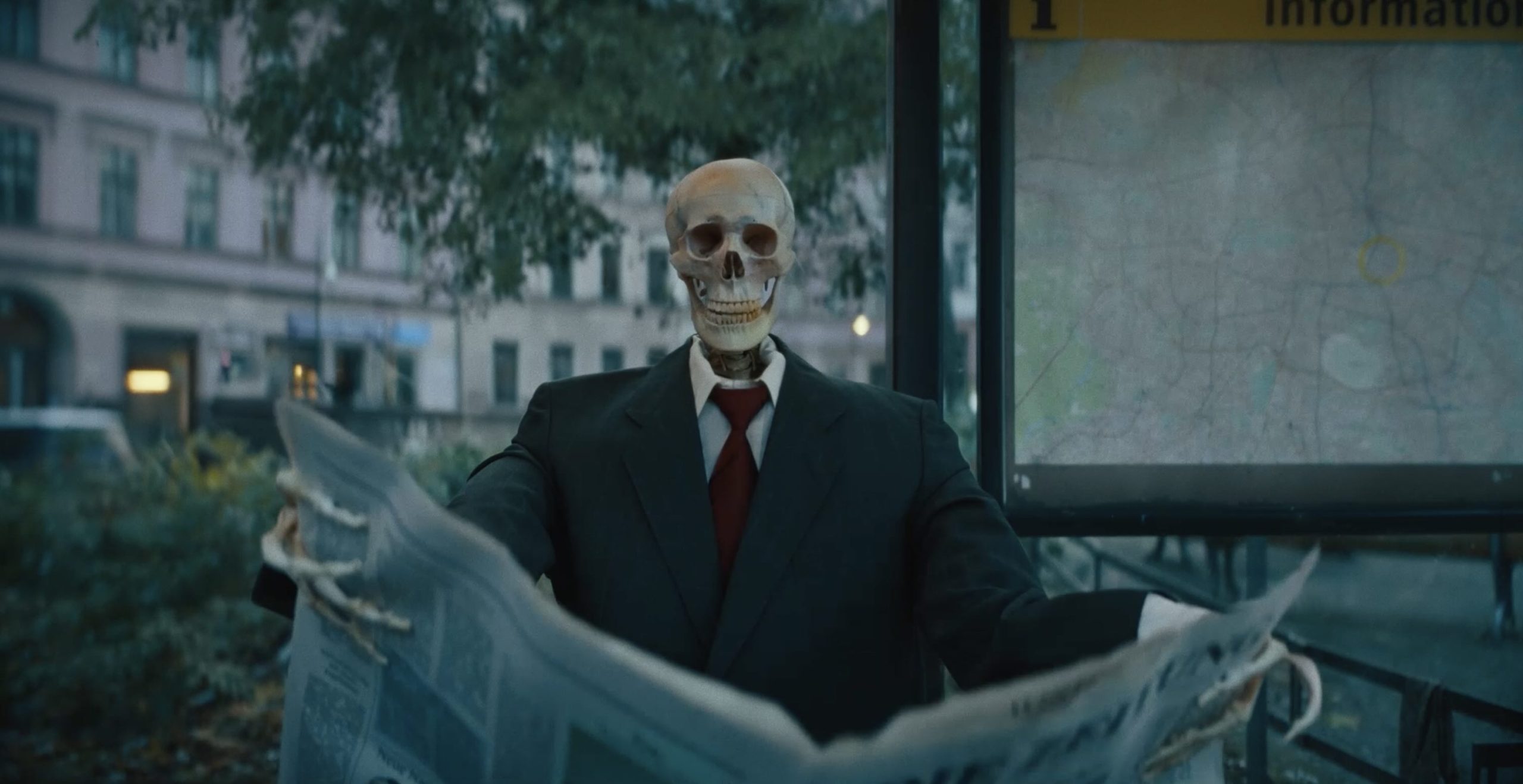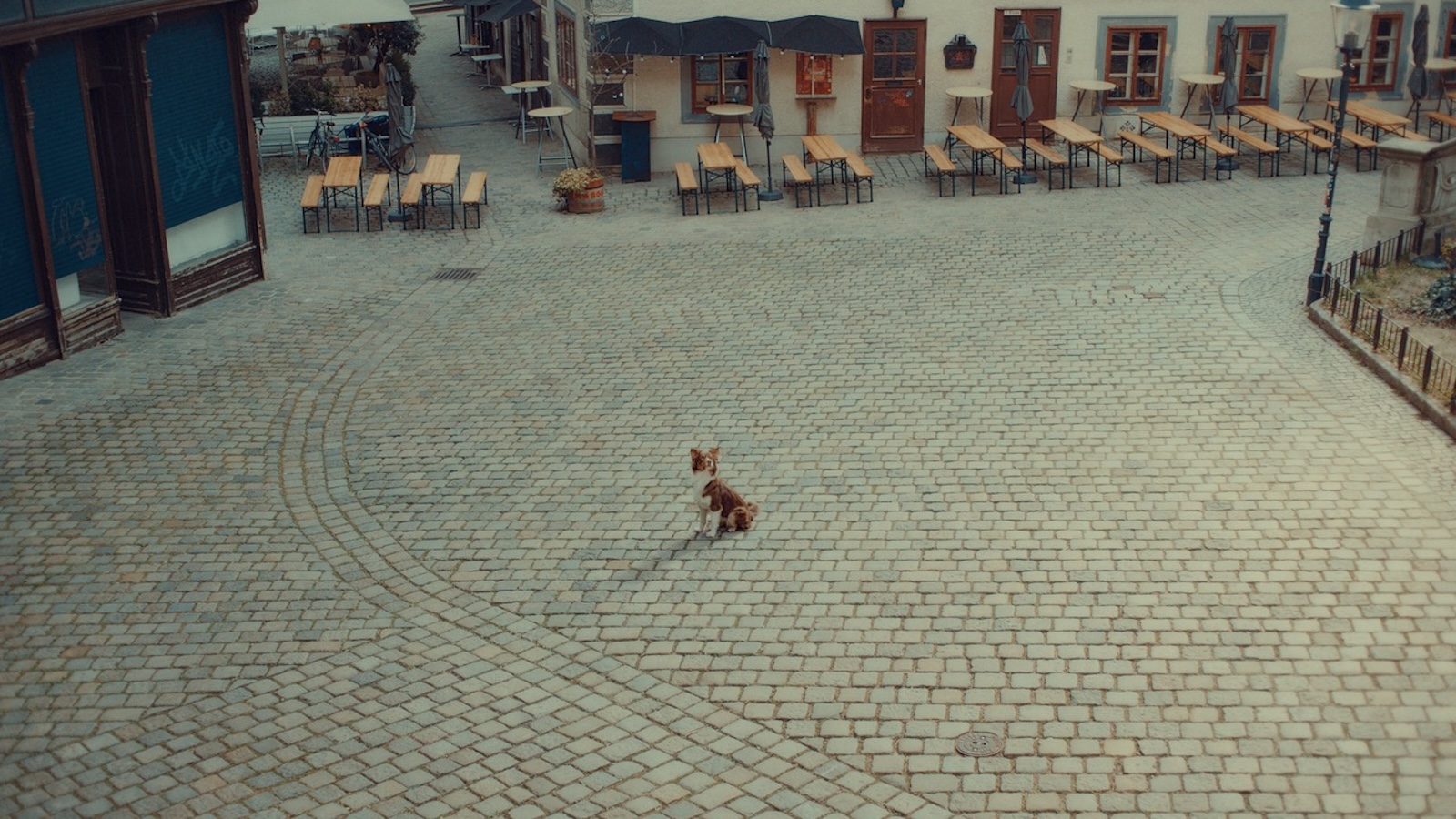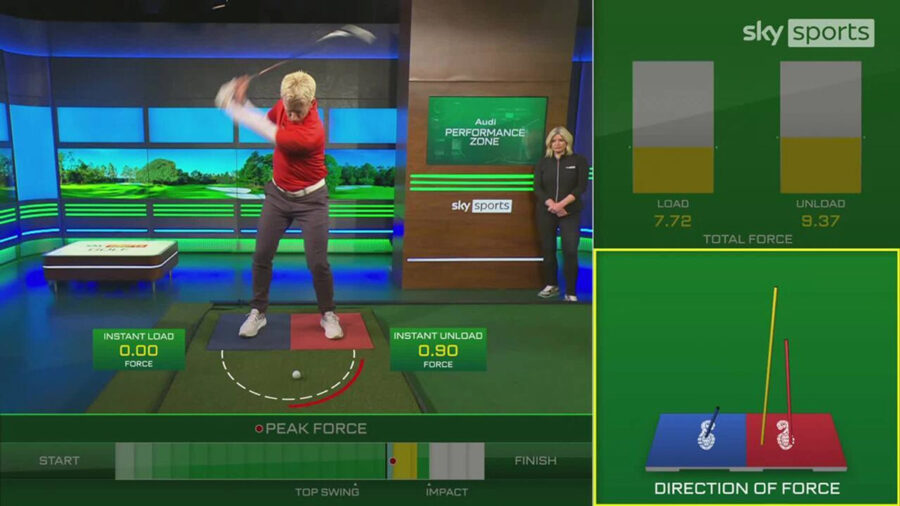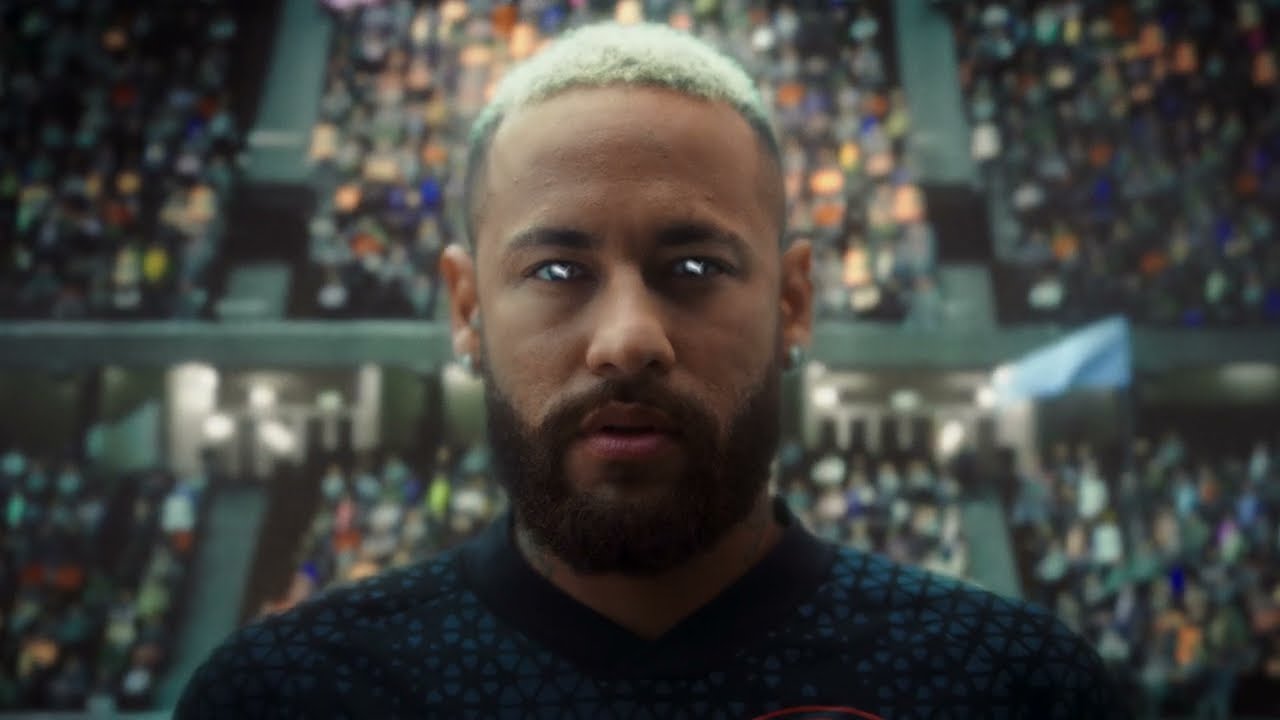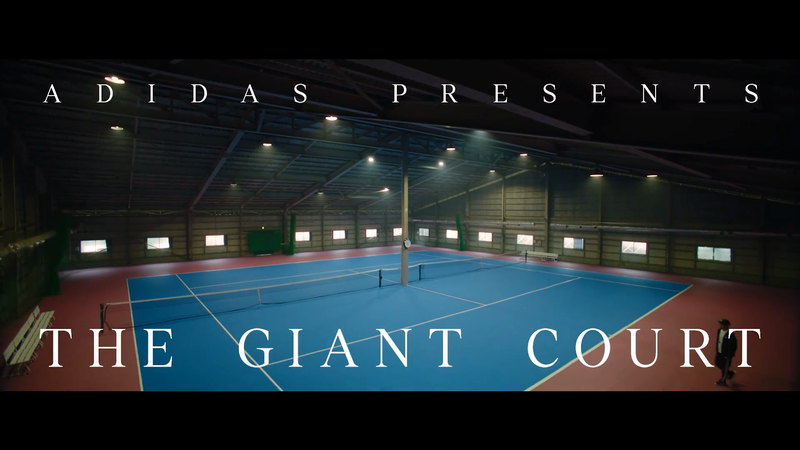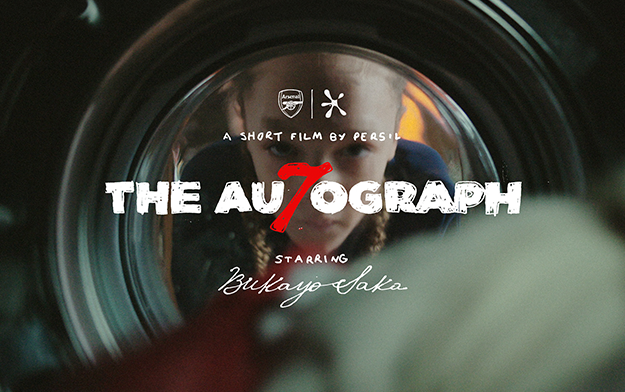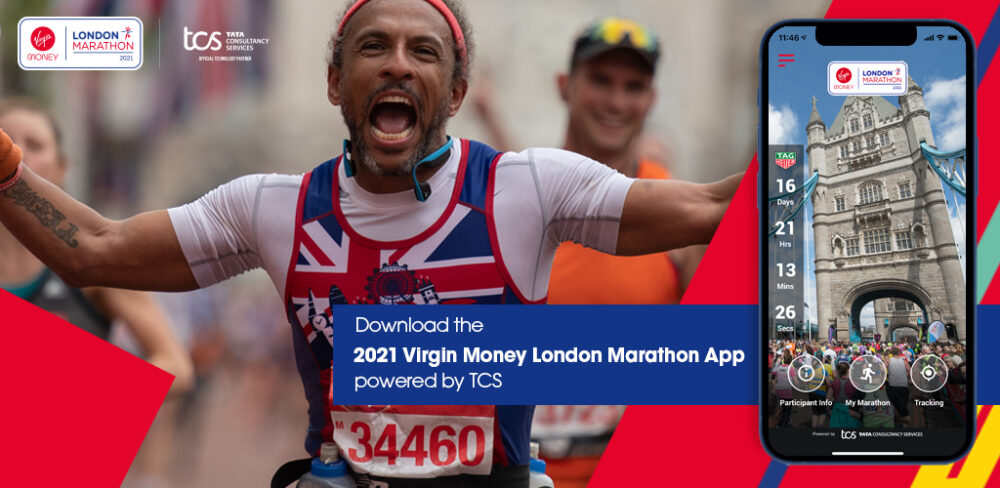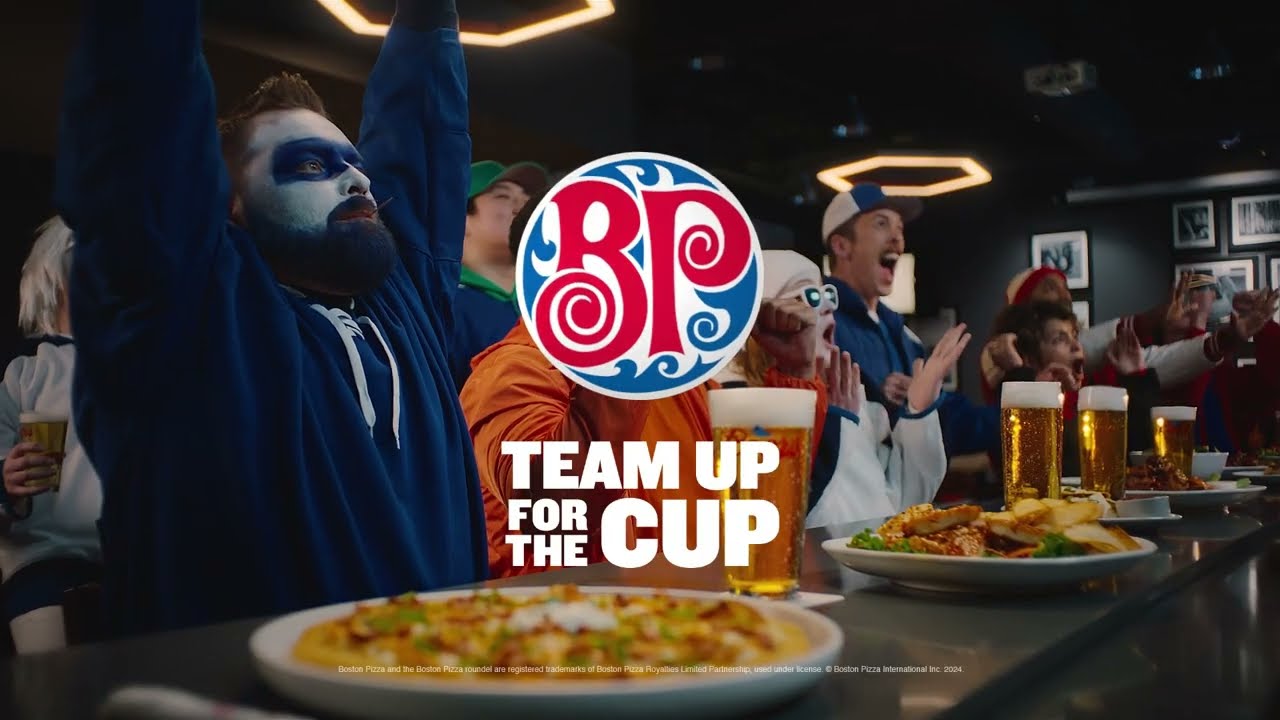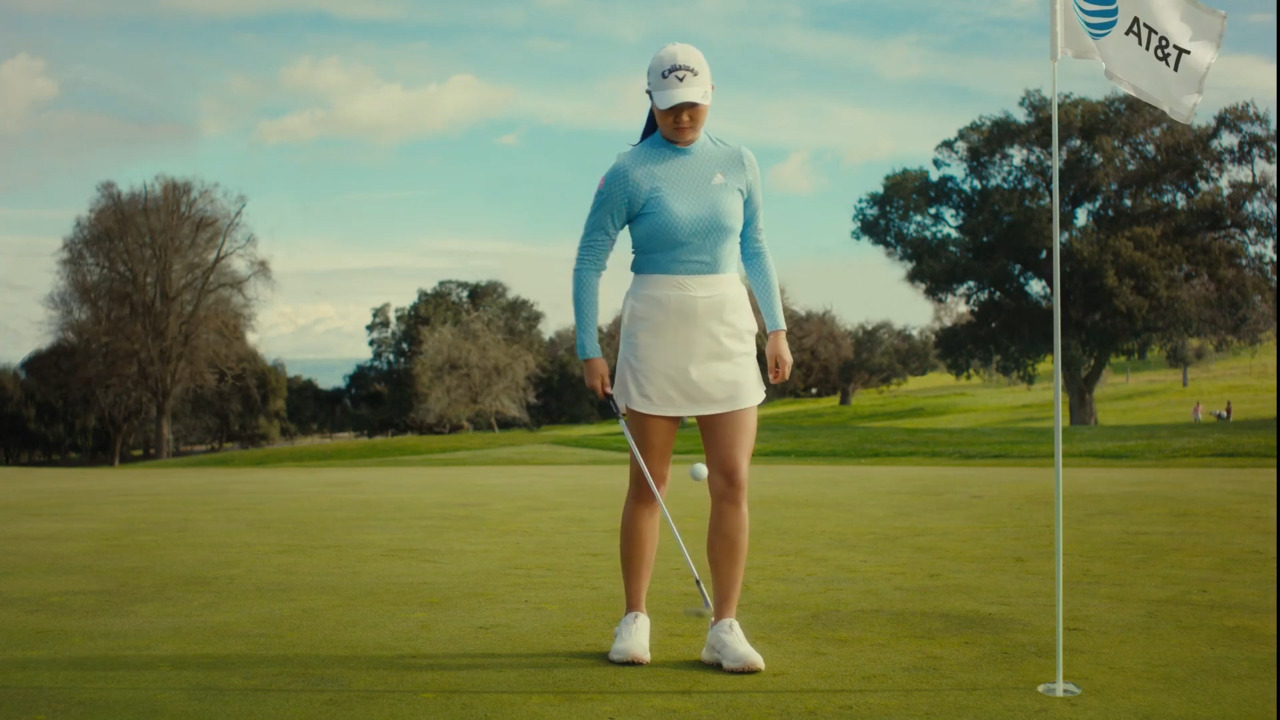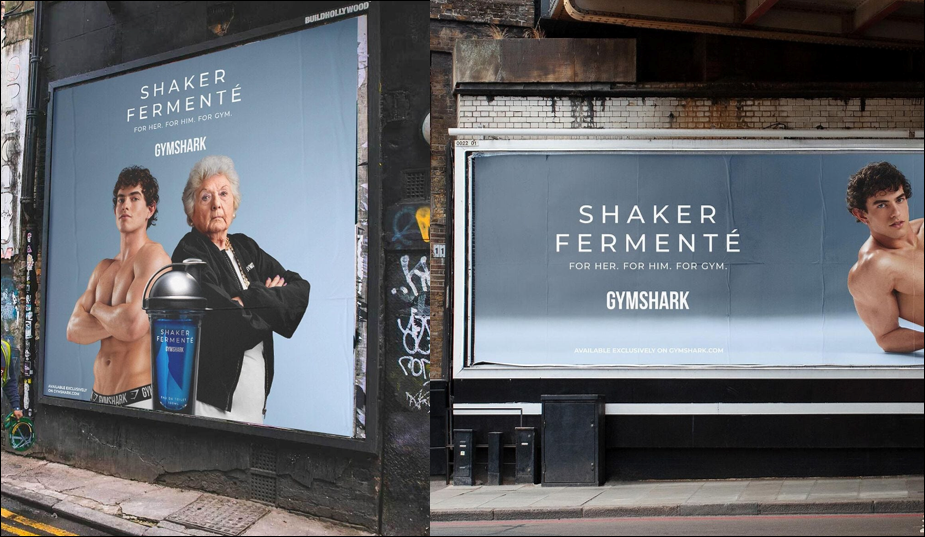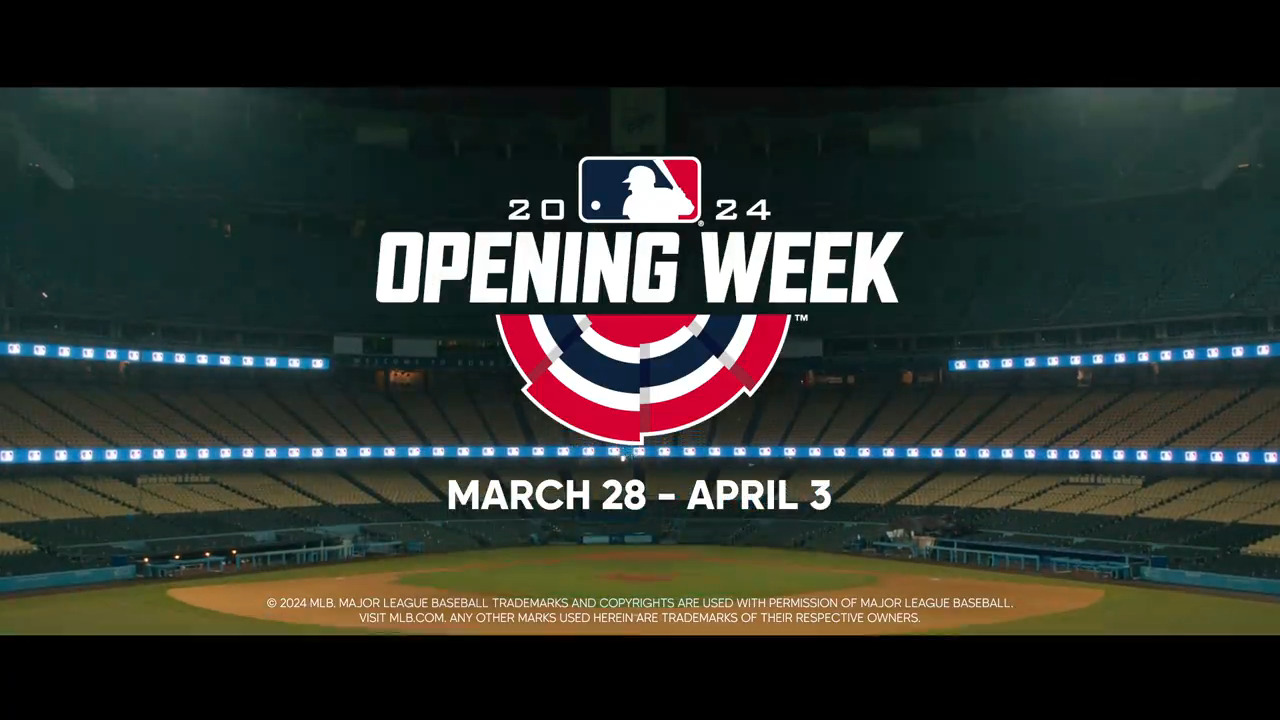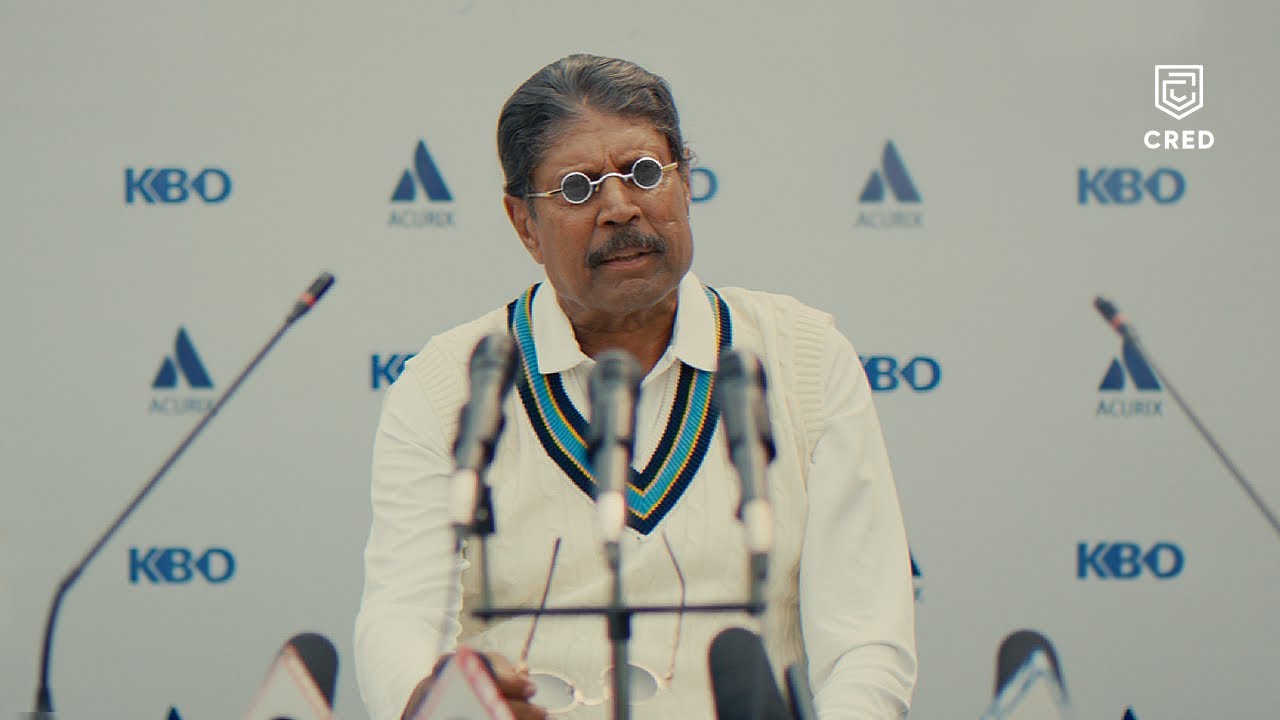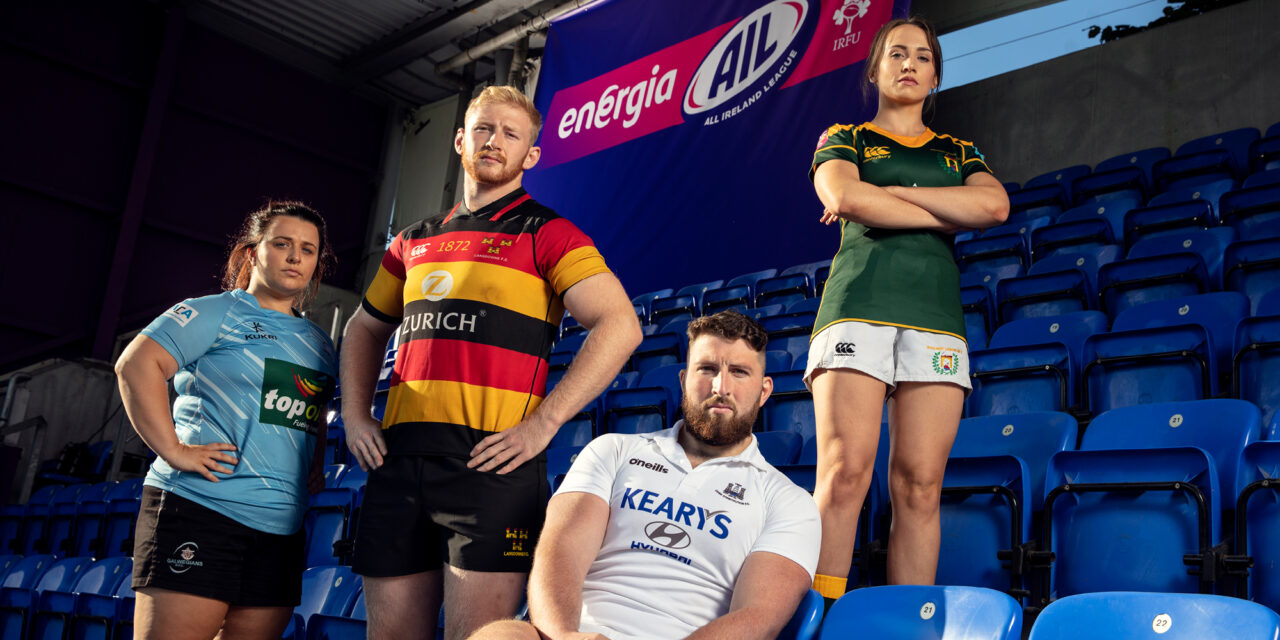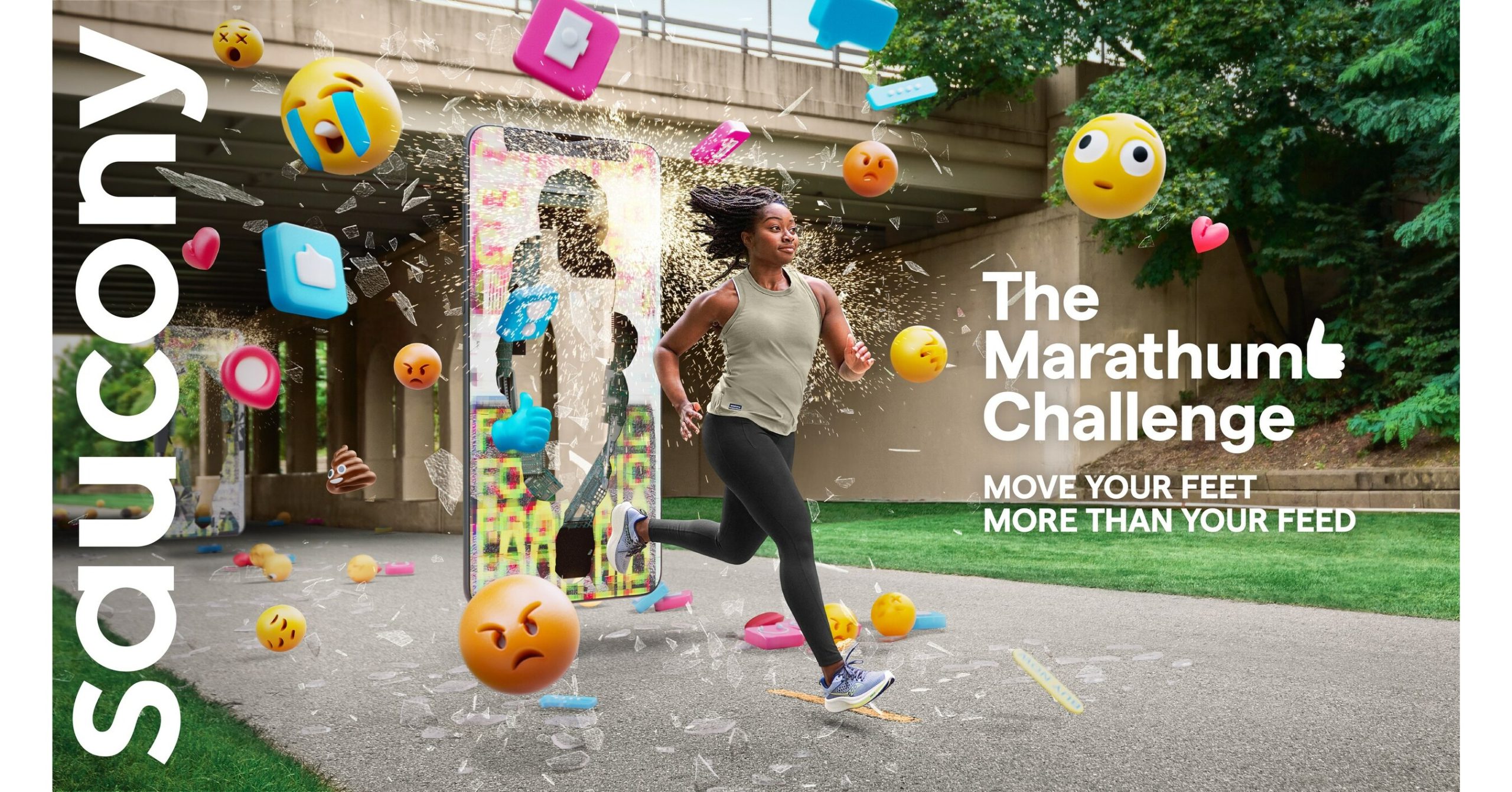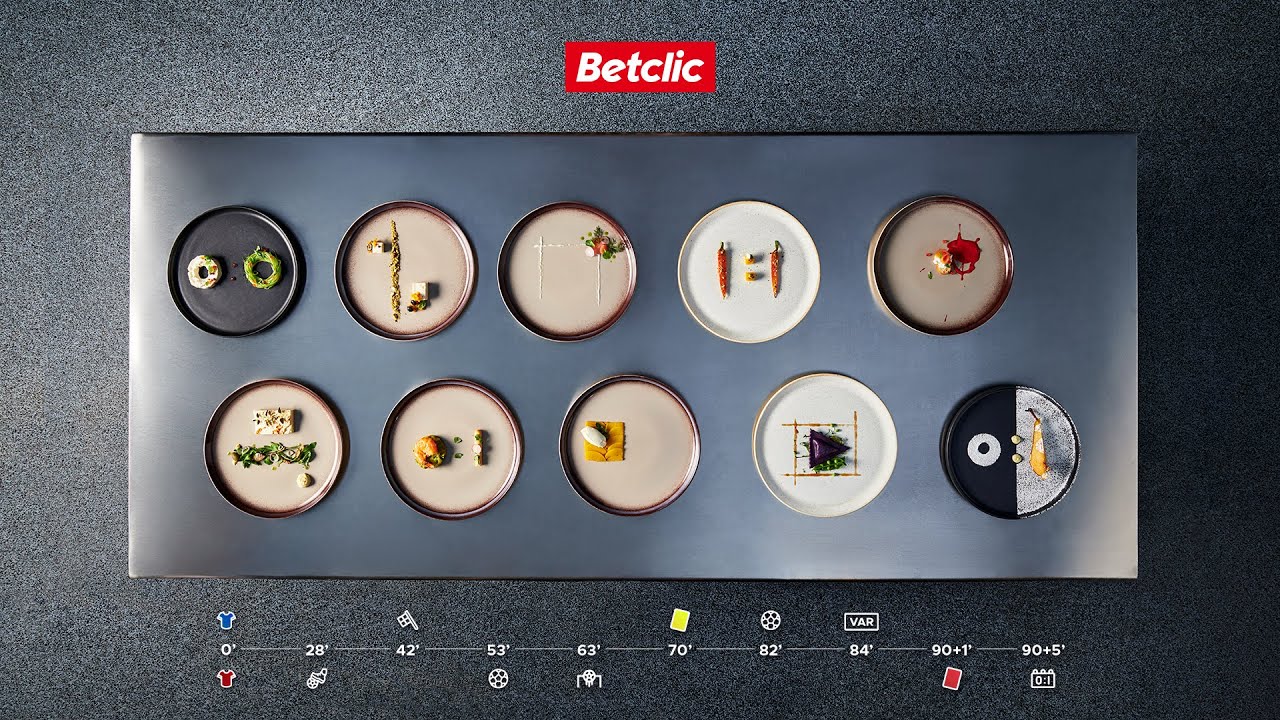UEFA leverages Women’s Champions League Final with a #WePlayStrong initiative that aims to transform the image of women’s football.
This pan-European campaign, launched on 1 June, marks a first for the continent’s governing body and aims to inspire girls (aged between 13 and 17) to play football and make it the number one women’s sport in Europe by 2020.
As well as driving participation, UEFA says it aims to tackle misconceptions about the women’s game head on and to ‘transform’ the brand image of women’s football among both fans and brands.
The core ‘Together #WePlayStrong’ spot aired prior to the big match kick-off between the Cardiff 2017 finalists Paris Saint-Germain and Olympique Lyonnais, through the men’s Juventus versus Real Madrid match and it will continue in the weeks leading up to the summer’s UEFA Women’s Euro 2017.
The 90-second ad, which features an upbeat soundtrack, shows the journey of girls from playing in the streets to major stadiums.
The spot was initially teased across UEFA’s channels on 29 May with a countdown preview trailer, before the main commercial debuted on 1 June.
This high-energy core commercial, developed with agency FCB Inferno, was written by the agency’s Sarah Lefkowith and directed by Kibwe Tavares through Nexus Studios.
The UEFA campaign’s digital and social assets are linked through the campaign’s #WePlayStrong hashtag and will evolve through the year.
This is what strong looks like. Come play on 31.05.17. Together #WePlayStrong pic.twitter.com/g2C0PajeAI
— #WePlayStrong (@WePlayStrong_) May 19, 2017
Practice makes perfect. Find football near you: https://t.co/JtJXHLYrGg #WePlayStrong via @GIPHY pic.twitter.com/2tcVxGiGhh
— #WePlayStrong (@WePlayStrong_) June 5, 2017
Monday? Bring. It. On. #WePlayStrong #MondayMotivation pic.twitter.com/AvXoyIJCVh
— #WePlayStrong (@WePlayStrong_) June 5, 2017
The campaign is being supported and activated by 55 national European football associations and is also working with women’s football clubs across the continent by offering tools, assets and programmes.
New set of coaching resources & other great stuff. https://t.co/pMfZgMPFG6 Please use and share !! #WePlayStrong #thisgirlcan pic.twitter.com/w5MtVifQ6I
— KentGirls&LadiesFL (@KGLFL) June 4, 2017
Indeed, each are working with five local market social media influencers from the worlds of music, film and fashion, as well as football – from up-and-coming female players to established men’s stars like Chelsea and Belgium’s Eden Hazard – to personally boost the initiative.
The central initiative is hubbed around a bespoke microsite at http://www.weplaystrong.org/#!/en/home which hosts a range of inspirational ads and assets, plus a ‘Sticker Snap’ series.
The brand is also ‘going to where girls go’ in terms of platforms by focusing on the likes of Instagram and Snapchat and also testing channels such as Giphy (a series of gifs, such as woman kicking a ball into a basketball hoop, have been created for girls to download and share).
The initiative also includes a series of events (launched at the Champions League Final fanzone)
The Champions Festival is open until 5pm today! Can you outdo @fischer_nilla, @AlexScott and Célia Sašić at table? #WePlayStrong pic.twitter.com/9zrPzCjsLs
— #WePlayStrong (@WePlayStrong_) June 4, 2017
and grass-roots programmes right across Europe.
The programme follows on from a UEFA research project, carried out by the University of Birmingham, which established that playing football can ‘significantly boost confidence, happiness and self-image’.
The internal research found that 80% of teenage girls exhibit more confident behaviour when playing football.
The initiative’s copy includes the main message that: ‘Football is more than just fun. It’s what makes us stronger and more confident. And that comes from being with one another, on and off the pitch.’
“Our creative approach is to challenge current prejudices of the game by showing how cool girls’ football really is,” says FCB’s Sharon Jiggins.
“Featuring a cast of girls from grass roots level to Sporting Lisbon’s professional team, we wanted to showcase brilliant skills and the sense of togetherness girls get from the game on and off the pitch.”
The FCB Inferno team includes managing director Sharon Jiggins, chief strategy officer, group creative director Elspeth Lynn, copywriter Sarah Lefkowith, senior strategist Laura Coleman, social media director Laura Visick, business director Hollie Loxley, account director Kate McNaughton, director of content Alvaro Ramirez, senior film producer Kate Grenfell, production manager Brad Willis, interactive producer Josh Buchanan.
The animation and illustration was developed by Factory Fifteen (the animation director was Paul Nicholls, the illustrator was Chris Martin), editing was handled by Stitch, post production by Time Based Arts, sound by John Clarke at Factory and music by Toby Williams/ Abi Leland at Leland Music.
Activative Comment:
The launch spot has generated 348,387 YouTube views in its first 48 hours.
But this initiative is more than just an ad campaign, but rather a ‘social movement’.
Indeed, it has echoes of Sport England’s ‘This Girl Can’ project (see case study).
According to Peter Willems, head of marketing activities & sponsorship at UEFA, this is the body’s biggest ever focus on women’s football across Europe.
“Maybe we didn’t go hard enough on pushing the women’s game in the past, but now all the puzzle pieces have come together and we’re ready to really invest,” says Willems. “The support is coming from the very top of UEFA.”
The campaign is being backed by UEFA with a hefty budget and a depth of resources that includes a team hired specifically for the women’s game (including Kayleigh Grieve, who joined from Dog Digital as marketing manager).
“We always said that we were either going to do it properly or not at all and we needed to give it a marketing approach like the way Heineken does marketing,” Willems said. “We had to think of [women’s football] like a product and how to develop it and grow it.”
“Compared to men’s football, it’s a drip; but compared to what we had before, it’s massive,” Willems added.
Despite the financial investment, delivering ROI is not the primary priority. The main focus is on participation.
As well as commitment from the governing body, success in getting brands to get behind and back the programme and the idea will be key to reaching its targets and achieving long term success.
Separating the women’s’ game from the men’s game is a key strategic approach in the initiative.
Much like the Football Association in England worked with sponsor SSE to split its men’s and women’s FA Cup rights – a move that has resulted in a series of impressive, independent activations.
“Before we sold a women’s football advertising package alongside the men’s, but now for the first time we’re making them separate,” continues Willems.
“The message we’re telling brands is that this isn’t just about eyeballs and engagement, but embracing and creating a social movement. That if you join up now then maybe in three or five years time you’ll be very happy that you were one of the first. If football feels overcrowded then the women’s game is also a unique opportunity to really be seen.”
“Sure, this could fail, but in seven years time I’d like the women’s UEFA Champions League final to have as much buzz and sponsors as the men’s equivalent,” admits Willems. “We want to build long term partnerships with brands and there’s already lots of interest.”
There have been several other notable recent stand out campaigns and separate sponsorship deals with women’s football in recent months: such as Liverpool’s women’s team’s shirt sponsorship deal with Avon (see case study) and the Swedish National team’s equality initiative (see case study).
Not to mention new rights holder campaigns promoting new women’s leagues too: like the new women’s AFL in Australia (see case study).
UEFA clearly believes that broadcasters and sponsors have reached a tipping point and are now ready to get behind the women’s game.
Links:
We Play Strong
https://twitter.com/WePlayStrong_
UEFA
http://www.uefa.com/uefachampionsleague/
https://www.facebook.com/uefacom
https://plus.google.com/+UEFAcom
https://www.youtube.com/user/UEFA
https://www.instagram.com/uefacom/
FCB Inferno

